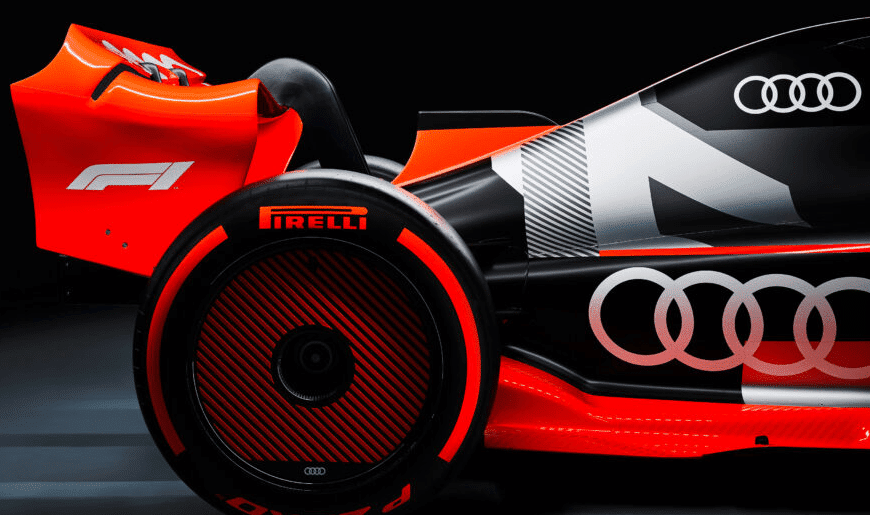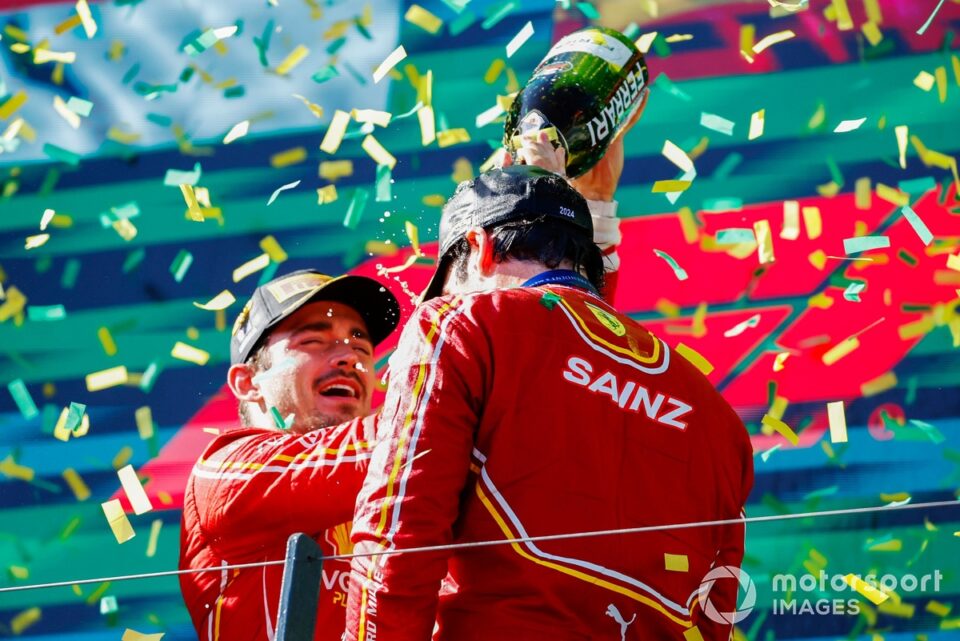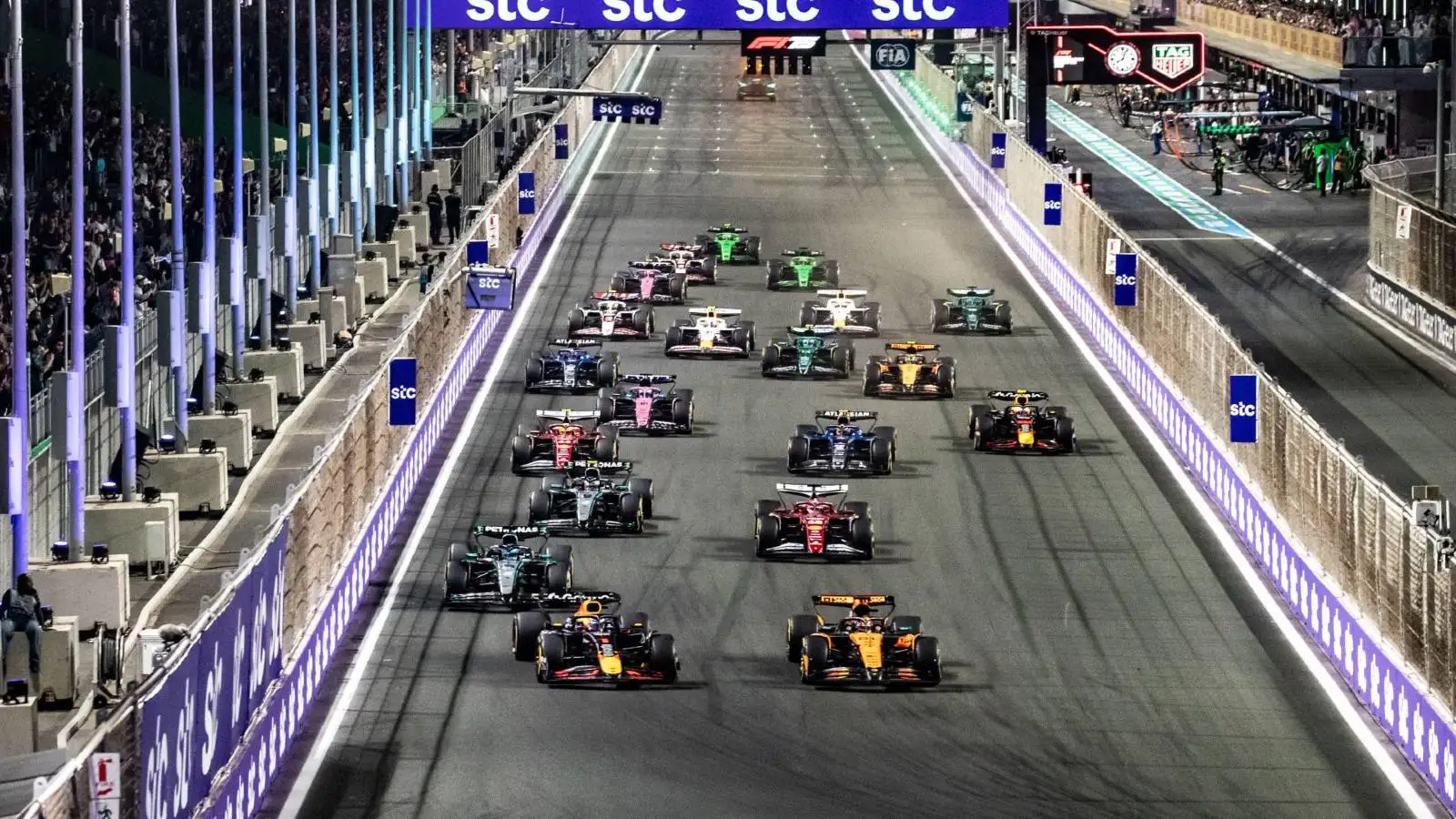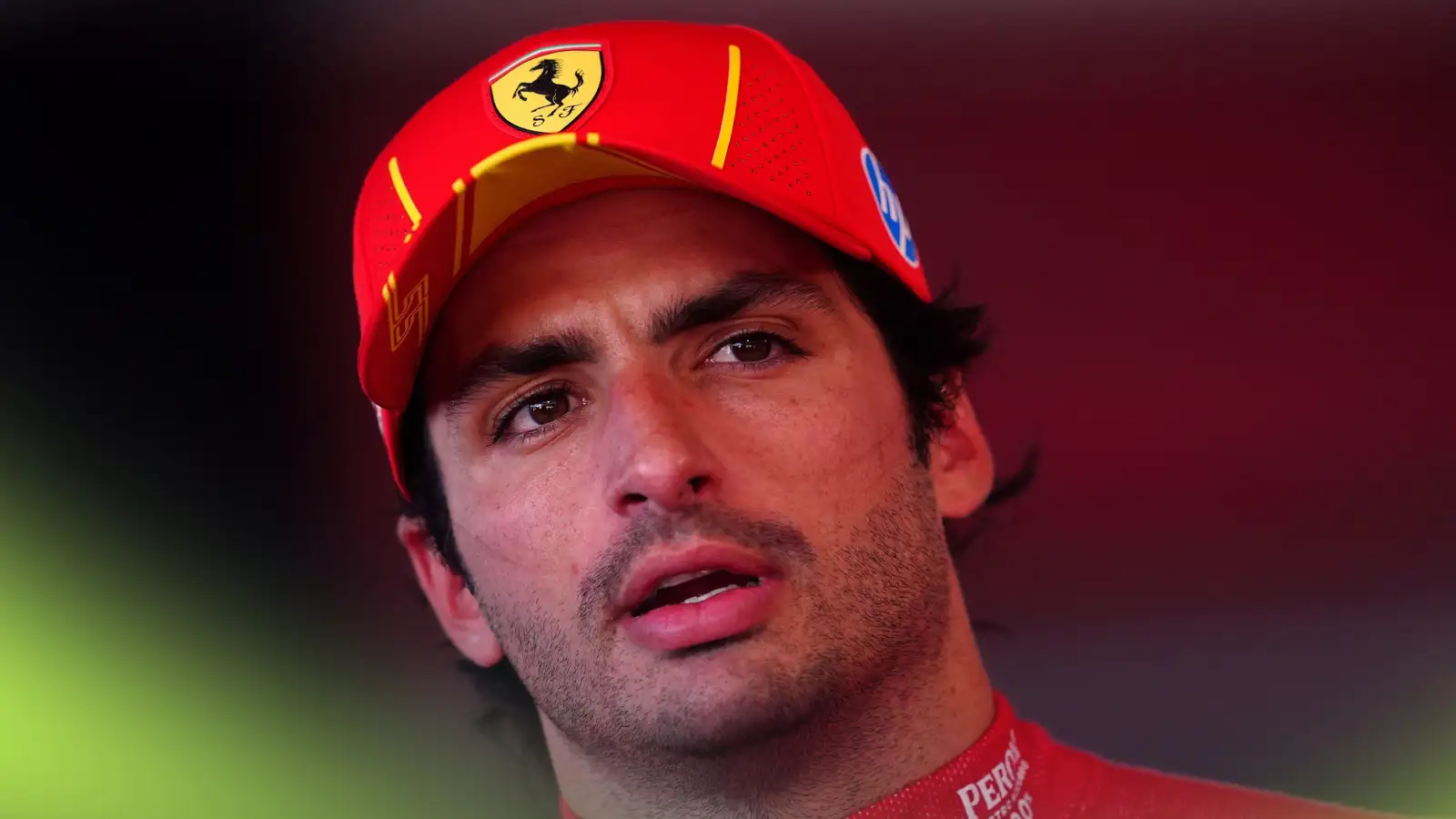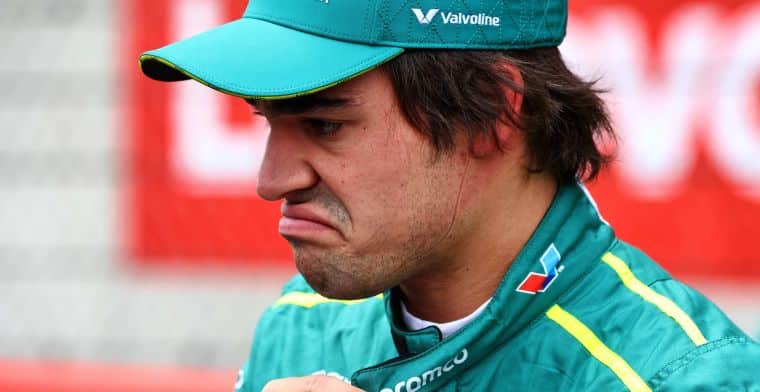When the FIA decided to replace V8 engines with V6 Turbo hybrid power units, the transition was slated for 2022. However, delays caused by hesitant manufacturers and Covid-19 pushed the new power unit era to 2026.
Despite interest from multiple parties, only Audi committed to F1, aiming for diverse supplier representation. Yet, Renault’s withdrawal nullified this gain, leaving Ferrari, Mercedes, Honda, and Audi as the main players in the new era.
Audi snatched the Kick Sauber team from Andretti, hastily completing the purchase as Sauber faced a cash crunch. The focus has shifted solely to the new Audi power unit, leaving Sauber to manage on their own. Technical director James Key admitted the complete integration of Audi and Sauber might only finish by 2026.
The Hinwii base in Switzerland has struggled to attract local expertise and relocate professionals from England. Even Ferrari boss Fred Vasseur pointed out that moving employees to Italy disrupts their lives compared to switching between local teams. Sauber/Audi face the same challenges but lack Ferrari’s allure.
Meanwhile, Audi’s power unit is being manufactured in Neuburg, Germany, in a 3,000 square foot facility with 22 testing benches. They’ve already run hundreds of simulations on various F1 circuits and have a team of 300 staff, 100 more than Renault’s Viry-Chattilon unit. But, the split locations raise concerns.
Several recent changes have clouded Audi’s F1 project. Andreas Seidl, poached from McLaren, was replaced by Mattia Binotto as CEO. Jonathan Wheatley from Red Bull Racing joined as the new team principal. These shifts have unsettled the team.
Audi publicly courted Carlos Sainz this year, but the instability made him uneasy, knowing his father had won with Audi in the Dakar Rally. Former team boss Eddie Jordan voiced his concern, calling Audi’s decision to split operations between Germany and Switzerland a “fundamental mistake.”
Jordan believes Audi will face supply chain issues and a lack of a nimble culture in the EU. He compared it to Toyota’s failed attempt with a similar setup. Jordan emphasized the winning culture found in Britain’s motorsport valley, arguing that Audi’s approach won’t yield the same success.
Eddie Jordan shared his concerns on the Formula for Success podcast, questioning Audi’s overall strategy. He pointed out the advantages of running a team from Britain, highlighting the efficient supply chains and racing culture.
Audi’s challenges continued with recruitment difficulties in Italy, prompting similarities to Ferrari’s struggles. The Racing Bulls even relocated part of their operations to England for the same reasons.
To worsen matters, Kick Sauber is the only team without a point this season, adding to Eddie Jordan’s sympathy for founder Peter Sauber. While Nico Hulkenberg has performed well, questions remain about the future driver lineup, especially with Guanyu Zhou’s expected departure.
Carlos Sainz’s move to Williams might save Valtteri Bottas’ career at Sauber/Audi. Bottas’ familiarity with the team can be critical during the transition years. The F1 world keeps buzzing with surprises, from Hamilton’s departure from Mercedes to staff reshuffles at Audi and Alpine.
The 2024 F1 season has been full of upheavals, and Audi’s challenges highlight the complexities of their entry into the sport. With split operations, recruitment issues, and a team without points, the road ahead for Audi seems fraught with obstacles.
